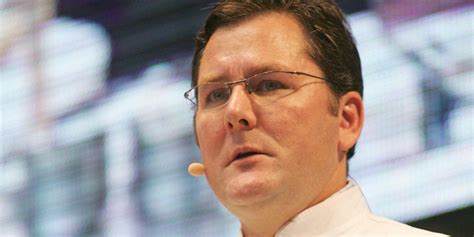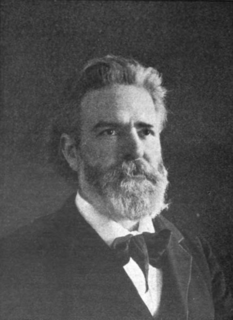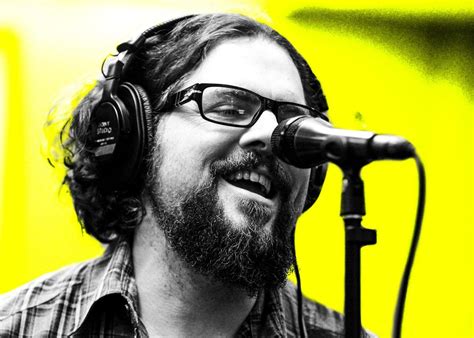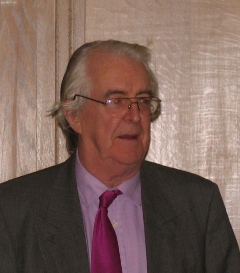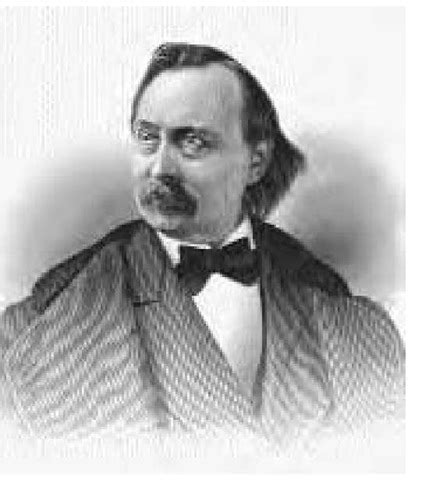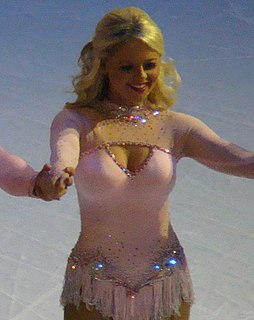Top 1200 Moral Perfection Quotes & Sayings - Page 3
Explore popular Moral Perfection quotes.
Last updated on April 17, 2025.
I'm not saying that atheists can't act morally or have moral knowledge. But when I ascribe virtue to an atheist, it's as a theist who sees the atheist as conforming to objective moral values. The atheist, by contrast, has no such basis for morality. And yet all moral judgments require a basis for morality, some standard of right and wrong.
The foundation of leadership is your own moral compass. I think the best quality leaders really know where their moral compass is. They get it out when they are making decisions. It's their guide. But not only do you have to have a moral compass and take it out of your pocket, it has to have a true north.
The vegetarian movement ought to fill with gladness the souls of those who have at heart the realization of God's kingdom upon earth, not because vegetarianism itself is such an important step towards the realization of this kingdom (all real steps are equally important or unimportant), but because it serves as a criterion by which we know that the pursuit of moral perfection on the part of man is genuine and sincere.
A tension has always existed between the capitalist imperative to maximize efficiency at any cost and the moral imperatives of culture, which historically have served as a counterweight to the moral blindness of the market. This is another example of the cultural contradictions of capitalism - the tendency over time for the economic impulse to erode the moral underpinnings of society. Mercy toward the animals in our care is one such casualty.
Why is it immoral for you to desire, but moral for others to do so? Why is it immoral to produce a value and keep it, but moral to give it away? And if it is not moral for you to keep a value, why is it moral for others to accept it? If you are selfless and virtuous when you give it, are they not selfish and vicious when they take it?
Political realism is aware of the moral significance of political action. It is also aware of the ineluctable tension between the moral command and the requirements of successful political action. And it is unwilling to gloss over and obliterate that tension and thus to obfuscate both the moral and the political issue by making it appear as though the stark facts of politics were morally more satisfying than they actually are, and the moral law less exacting than it actually is.
God doesn't help. I think that's a knockdown argument. I think that it really shows that whatever moral knowledge we have and whatever moral progress we make in our knowledge or whatever progress we make in our moral knowledge is not coming really from religion. It's coming from the very hard work really of moral philosophy, of trying to ground our moral reasonings.
I have always looked at it this way: If you strive like crazy for perfection - an all-out assault on total perfection - at the very least you will hit a high level of excellence, and then you might be able to sleep at night. To accomplish something truly significant, excellence has to become a life plan.
Then from the world all spirituality will be extinct, all moral perfection will be extinct, all sweet-souled sympathy for religion will be extinct, all ideality will be extinct; and in its place will reign the duality of lust and luxury as the male and female deities, with money as its priest, fraud, force, and competition its ceremonies, and the human soul its sacrifice. Such a thing can never be.
Scandal is great entertainment because it allows people to feel contempt, a moral emotion that gives feelings of moral superiority while asking nothing in return. With contempt you don't need to right the wrong (as with anger) or flee the scene (as with fear or disgust). And the best of all, contempt is made to share. Stories about the moral failings of others are among the most common kinds of gossip, they are a stable of talk radio, and they offer a ready way for people to show that they share a common moral orientation.
Perhapsthemost sublimeinsights oftheJewishprophets and the Christian gospel is the knowledge that since perfection is love, the apprehension of perfection is at once the means of seeing one's imperfections and the consoling assurance of grace which makes this realization bearable. This ultimate paradox of high religion is not an invention of theologians or priests. It is constantly validated by the most searching experiences of life.
If an instrument similar to a geiger-counter could be invented that counted moral judgements instead, we would learn to duck as people became increasingly 'moral', since lethal force is usually imminent. So far from moral fervour being an alternative to force, it is frequently the overture, the accompaniment and the memorial to it.
Human beings have rights, because they are moral beings: the rights of all men grow out of their moral nature; and as all men havethe same moral nature, they have essentially the same rights. These rights may be wrested from the slave, but they cannot be alienated: his title to himself is as perfect now, as is that of Lyman Beecher: it is stamped on his moral being, and is, like it, imperishable.
We have not reached ethical perfection in hunting. One never achieves perfection in anything, and perhaps it exists precisely so that one can never achieve it. Its purpose is to orient our conduct and to allow us to measure the progress accomplished. In this sense, the advancement achieved in the ethics of hunting is undeniable.
Legality alone is no guide for a moral people. There are many things in this world that have been, or are, legal but clearly immoral. Slavery was legal. Did that make it moral? South Africa’s apartheid, Nazi persecution of Jews, and Stalinist and Maoist purges were all legal, but did that make them moral?
























